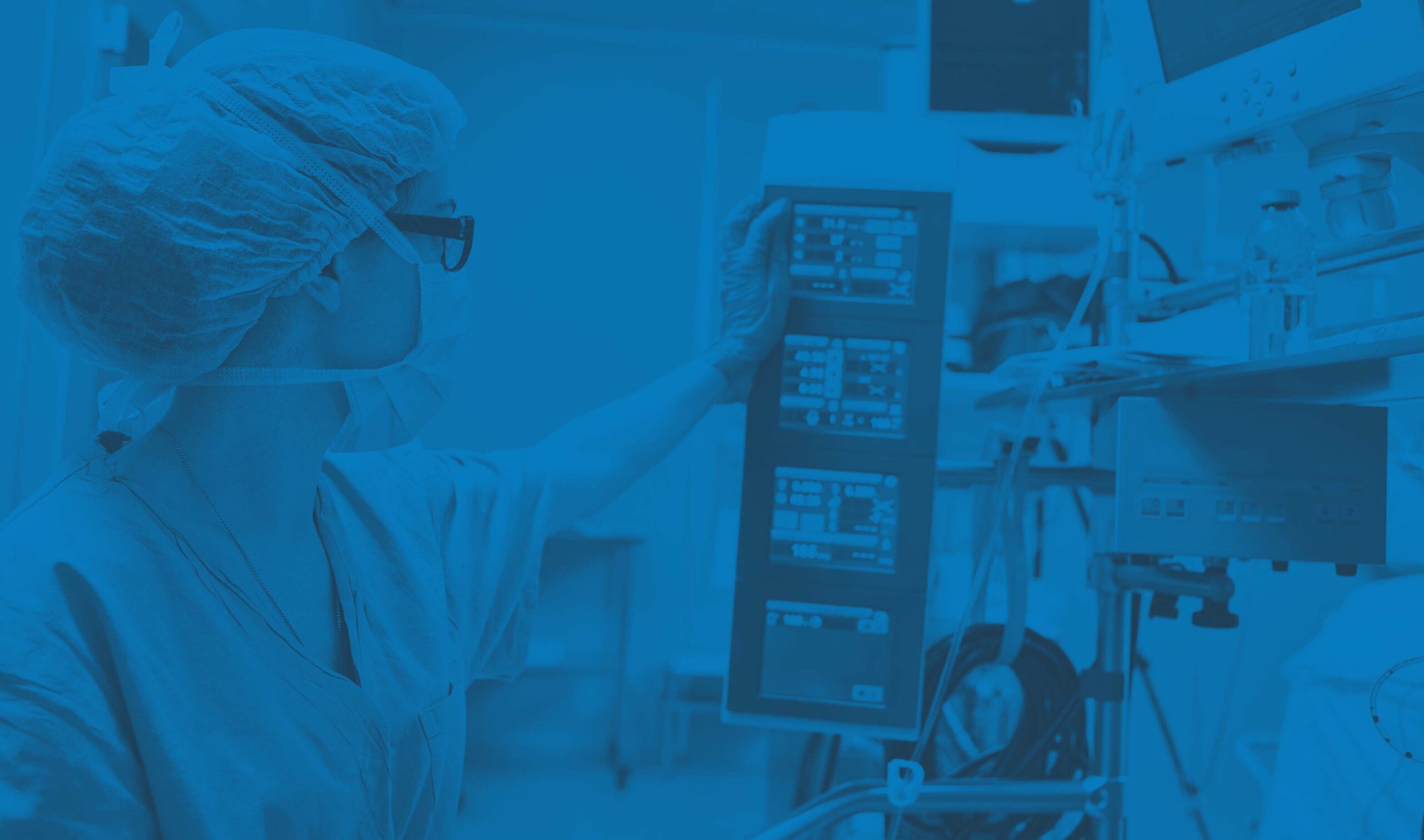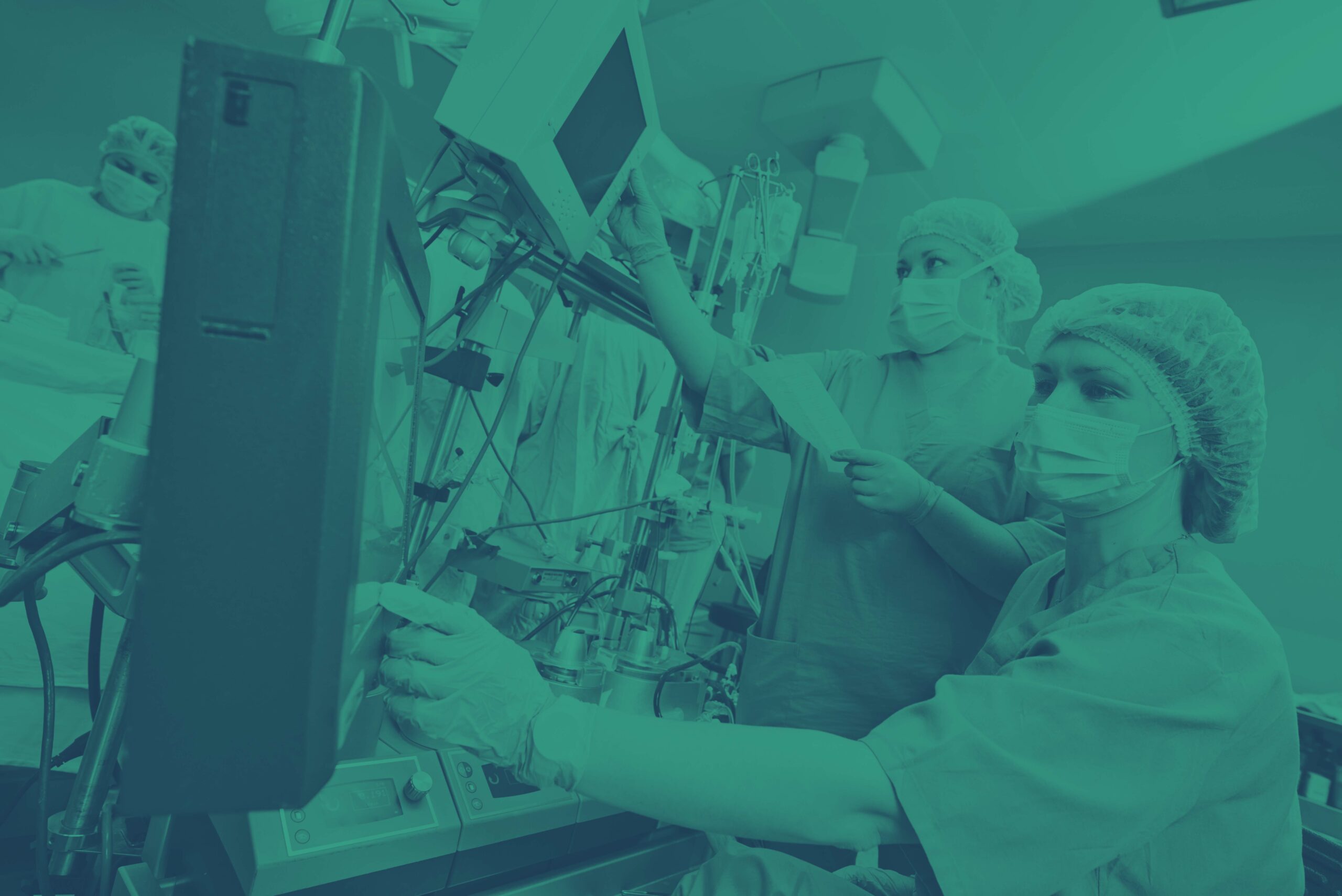

SPECIALTYCARE’S PERFUSION SERVICES
SpecialtyCare is the largest provider of perfusion services in the U.S. Trusted by more than 400 hospitals to support 150,000 procedures, no one else even comes close. With our national presence and local clinicians, we support 1 in 8 of all heart surgeries performed in the country every year. Specializing in top tier outsourced clinical services, SpecialtyCare can help you create a program that meets all of your perfusion needs. We work seamlessly with your operating room team to increase OR efficiency, reduce costs, and improve patient outcomes. We’re here to support the surgical team but, more importantly, we’re here to support the patient.
Hospitals and networks nationwide choose us for our vast resources, excellent training program, and commitment to patients. No one leaves our training programs without extensive and thorough knowledge of the job that lies ahead of them. Our clinicians are local and experienced, and they follow all evidence-based practice guidelines for perfusion and other related procedures.
In addition, we provide:
- The best-in-class equipment and supplies the industry has to offer.
- Consistent hands-on management to ensure patient safety and quality
- Clinical-level data reports with benchmarking capabilities
- The opportunity to institute life support programs, destination therapy programs, hyperthermia programs, and other courses of treatment
NEED ASSISTANCE CREATING A PROGRAM THAT FITS ALL OF YOUR PERFUSION NEEDS?

CAREERS IN PERFUSION
SpecialtyCare employs the largest professional group of perfusionists in the country. Our clinicians are educated, highly trained, and experienced. In the end, everyone is certified through the American Board of Cardiovascular Perfusion, obtains state licensure when need be (depending on the state), and meets specific facility requirements. When it comes to jobs in perfusion, we promote the industry’s standards of care and believe patients are the number one priority.
With our impressive staff of perfusionists and clinical perfusion associates, we take part in over 150,000 surgeries each year in 46 states, the District of Columbia, and Puerto Rico. We serve more than 400 hospitals and assist over 2,800 surgeons during perfusion-related and other complex procedures. By participating in such a large number of operations and by working with world-class surgeons, we are the industry leader in perfusion.
SpecialtyCare continues to grow and we would love for you to grow with us. Check out the full listing of employment opportunities nationwide.
615-461-4842

PERFUSION RESEARCH & DATA
SpecialtyCare is an industry leader in perfusion data and research. Because our perfusionists are paired with surgical teams in thousands of cases across the country, we’re able to gather data on techniques that typically aren’t known in remote medical facilities or by other providers with a more limited research range. This gives us an edge when it comes to up-to-date data.
We invented SCOPE™, the SpecialtyCare Operative Procedural Registry, the largest multi-institutional clinical database of its kind. Members of our medical office analyze case data and share the scientific findings to our clinical professionals so that the evidence-based trends and best practices can be shared with surgeons and OR teams across the nation, which also brings innovation at the local level.
We’re also happy to promote over two-dozen perfusion publications authored by our very own SpecialtyCare associates, with more to come in the near future as we continue to be an industry leader in perfusion data. SpecialtyCare associates and leadership have authored countless perfusion articles and studies in many different perfusion publications. These publications include: The Annals of Thoracic Surgery, Perfusion, Journal of ExtraCorporeal Technology, Journal of Cardiac Failure, Critical Care Nursing Quarterly, American Journal of Medical Quality, The Heart Surgery Forum, Journal of Cardiothoracic and Vascular Anesthesia, and more.